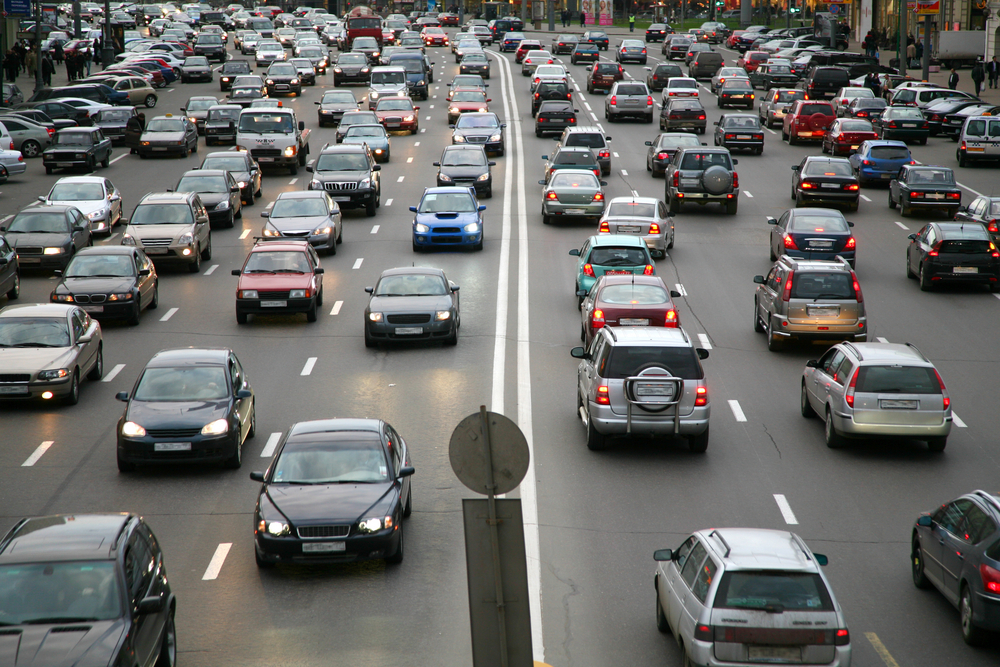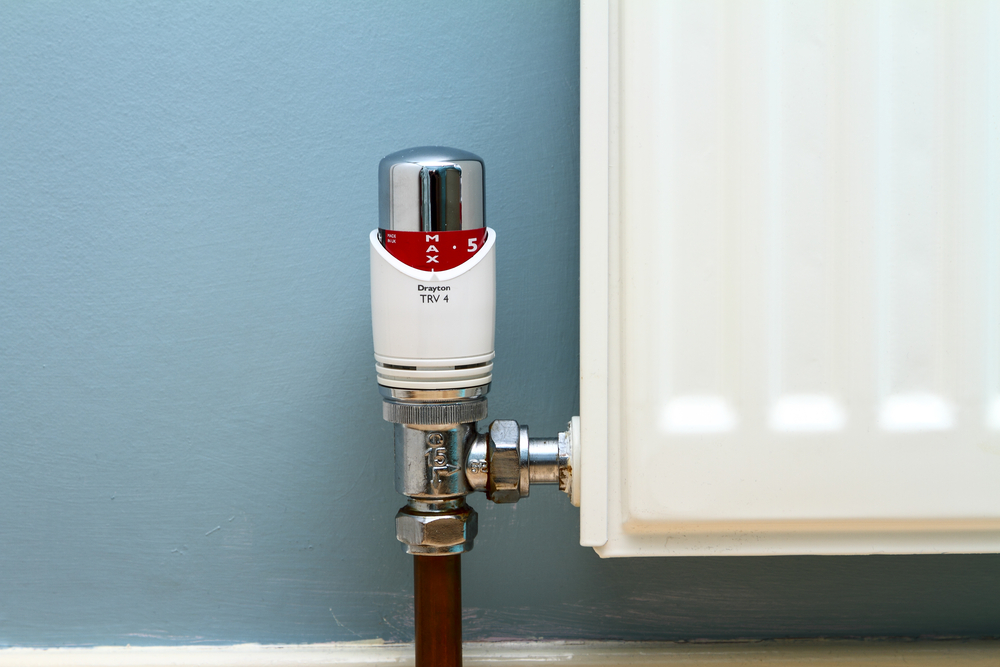The Government needs to speed up its progress with electric vehicles (EVs) if the UK is to meet its net-zero targets, a Lords inquiry has urged.
Issues such as the vehicle’s excessive upfront costs and lack of charging points have contributed to just 3% of drivers using EVs, according to the Environment and Climate Change Committee.
The inquiry, entitled EV strategy: rapid recharge needed, investigated the state of play with greener transport ahead of the Government’s – legally binding – net-zero commitment for 2050.
With sales of petrol and diesel vehicles stopping in 2035, there are just over ten years for drivers to make the environmentally friendly switch.
However, EVs currently take up just 3% of all cars on UK roads. Further, AA Cars data found the demand for battery-powered alternatives halved just last year.
To boost popularity in the greener mode of transport, the report called for VAT rates to be matched wherever you charge a vehicle. As it stands, drivers who charge their vehicle in public are hit with a 20% VAT charge, whereas those with home-charging pay just 5% VAT.
As well as slashing VAT to 5% for public charging, the dearth of chargepoints on the road was deemed to be another problem for EV drivers.
The committee earmarked four main areas of improvement for the Government to consider. Here are the key recommendations:
Key recommendations by the Environment and Climate Change Committee:
- Tackle the disparity in upfront costs between electric and petrol and diesel cars by introducing targeted grants to support consumers buying affordable models.
- Turbo-charge the charging infrastructure roll-out by reviewing outdated and disproportionate planning regulations, and tackling delays in the roll-out of key public funding programmes.
- Ensure charging is reasonably priced, convenient, and reliable by equalising VAT rates for domestic and public charging.
- Invest in UK recycling to ensure that recycling is undertaken by responsible operators and that the UK can recoup as many of the critical materials contained in EV batteries as possible for its own domestic production.
The UK ‘will lag in the slow lane for tackling climate change’
Baroness Parminter, the chair of the inquiry, said: “Surface transport is the UK’s highest-emitting sector for CO2, with passenger cars responsible for over half those emissions. The evidence we received shows the Government must do more – and quickly – to get people to adopt EVs.
“If it fails to heed our recommendations, the UK won’t reap the significant benefits of better air quality and will lag in the slow lane for tackling climate change.”
The motoring service RAC lauded the sweeping changes called upon by the committee.
Its head of policy, Simon Williams, said: “We welcome this important and far-reaching report from the House of Lords and urge the Government to take the recommendations it makes seriously.
“We have long argued that mass uptake of EVs – which is the Government’s aim – depends on prices falling to make them the natural choice for more people, so we are particularly pleased to see the Committee supporting the introduction of targeted grants for new electric cars, aimed at the more affordable end of the market.”
EV drivers charged at different VAT rate is ‘bizarre anomaly’
Williams added: “We believe the UK was too hasty in scrapping the plug-in car grant, as it did lead to more lower-priced models being introduced. Without further financial support, it will be a long time before the majority of drivers will be able to afford to make the switch to electric.
“The unequivocal support for VAT to be charged at the same 5% rate whether a driver is charging at home or at a public charger also now piles yet more pressure on the treasury to correct this bizarre anomaly.
“As things stand, the current mismatched VAT rates are an unnecessary barrier to switching to an electric car for the estimated third of people who can’t charge an electric vehicle at home and who wholly rely on the public charging network.”





